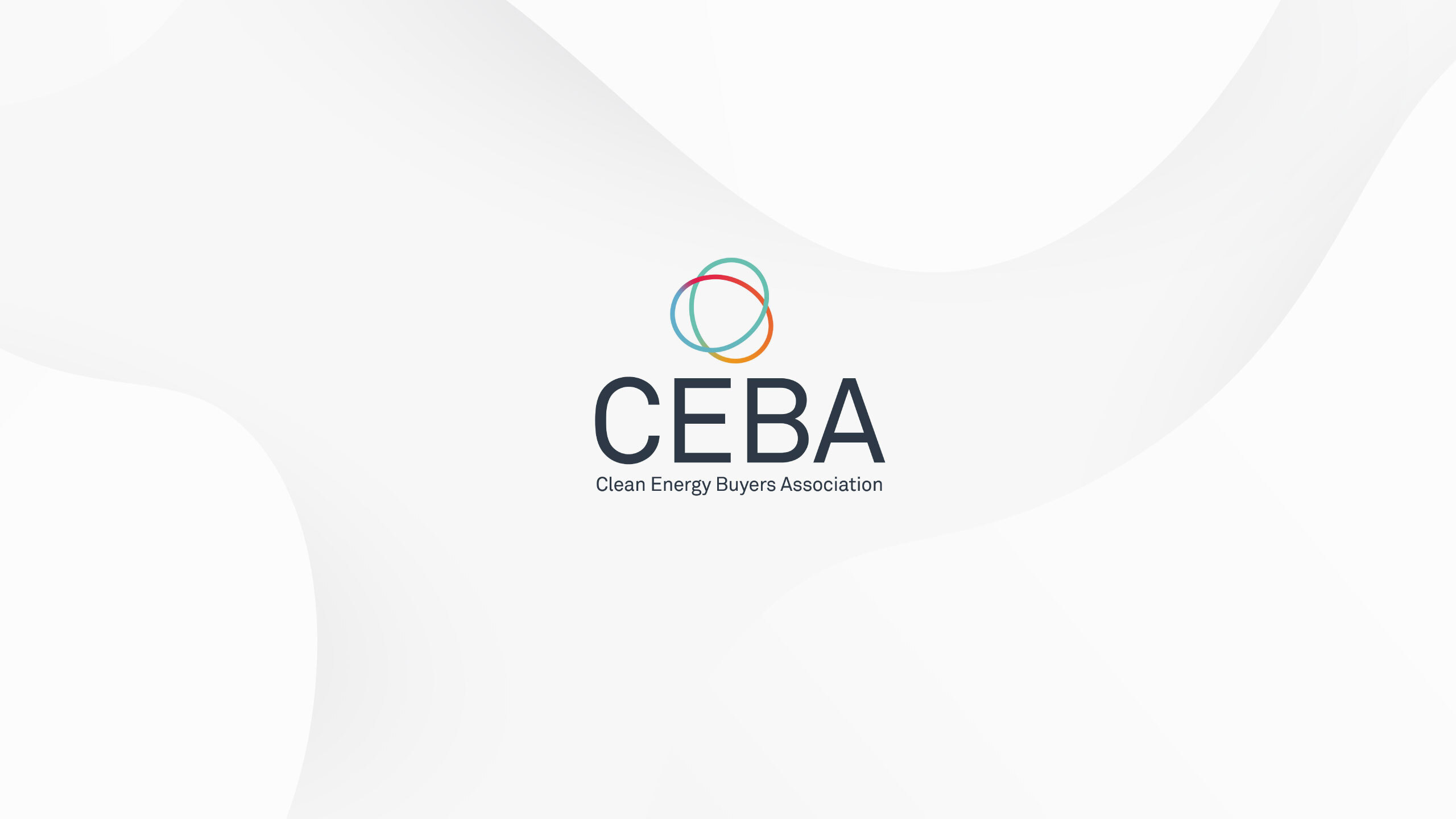
-
Client
CEBA
- Industry Nonprofit
-
What We Did
Brand Positioning, Product Strategy, Key Messaging, Sales Strategy, Copywriting, PR Talking Points
CEBA (Clean Energy Buyers Alliance) faced significant skepticism from Fortune 500 companies hesitant to commit to ambitious clean energy goals despite growing sustainability pressures. Large enterprises viewed the organization’s 90% by 2030 mission as risky, prescriptive, and potentially disruptive to established procurement processes that prioritized operational continuity and cost predictability. To secure buy-in from major corporate players who could drive meaningful market transformation, CEBA needed to fundamentally shift from advocacy positioning to market facilitation, addressing the core concern that joining meant surrendering procurement autonomy.
Our research revealed the core barrier wasn’t technological feasibility, renewables were already on track to overtake coal by 2025, but rather deep-seated risk aversion among executives whose careers depended on making safe, defensible procurement decisions. Sustainability leaders within these organizations often possessed the knowledge and motivation to drive clean energy adoption but lacked the confidence that they had comprehensive information to make impactful decisions while staying agile as market dynamics evolved. The challenge had evolved from proof of concept to ease of execution, requiring a framework that enabled corporate buyers to maintain control while accessing clean energy opportunities.
Clean energy organizations were telling executives what to do and judging energy sources based on ideological rather than business criteria. These prescriptive approaches treated corporate sustainability leaders like children needing guidance rather than empowering them to make optimal decisions for their specific business contexts. Organizations began viewing clean energy advocates as adversaries who would publicly shame imperfect choices rather than partners who understood the complexity of large-scale procurement decisions.
We repositioned CEBA around the idea of Choice, supported by four strategic storytelling pillars designed to eliminate perceived risks: solution-agnostic technology options that prevented vendor lock-in, better/faster/cheaper value propositions that satisfied CFO requirements, nonpartisan empowerment that avoided political complications, and economic opportunity creation that aligned with shareholder interests. This approach transformed CEBA from an environmental advocacy group prescribing specific solutions into a market-driven facilitator that amplified buyer voices and let market forces determine optimal outcomes. The “Choices for Impact” positioning emphasized that CEBA provided infrastructure and frameworks for success rather than mandating participation terms.
By emphasizing “we don’t define impact or prescribe conditions—we amplify the buyer’s voice and let the market work its magic,” CEBA successfully attracted much wider Fortune 500 participation. This repositioning addressed the fundamental insight that B2B differentiation depends on emotion over function, building the trust and confidence necessary for large enterprises to embrace clean energy transformation while maintaining operational flexibility and risk management protocols. The result was a trade organization that could facilitate ambitious clean energy goals without triggering the risk aversion that had previously prevented corporate engagement.